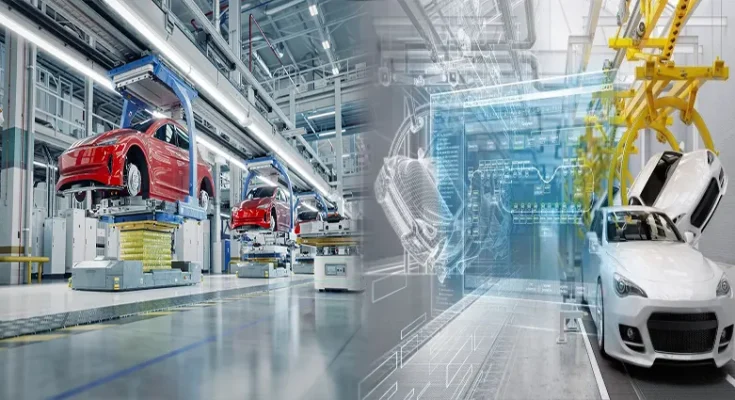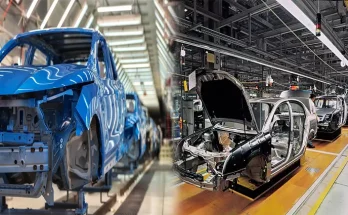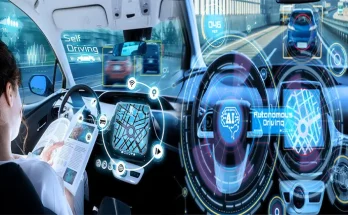The global automobile industry is undergoing a dramatic transformation, largely driven by the increasing focus on electric vehicle (EV) innovation. As concerns about environmental sustainability and the need to reduce greenhouse gas emissions continue to grow, automakers are racing to develop and introduce innovative electric vehicles. This transition towards electrification is poised to revolutionize the way people drive and the way vehicles are manufactured, challenging traditional automotive industry norms.
Electric Vehicle Innovations
The emergence of electric vehicles stands out as one of the most significant trends shaping the future of the automobile industry. Electric vehicle innovations encompass a wide array of technological and design advancements, including improvements in battery technology, increased charging infrastructure, and the development of more efficient electric motors. Companies are investing heavily in research and development to enhance battery range, reduce charging times, and make electric vehicles more affordable for consumers. Additionally, the integration of autonomous driving and connected technologies with electric vehicles is further propelling innovation in the industry.
Shift Towards Sustainable and Eco-friendly Technology
The future of the automobile industry is undeniably tied to sustainability and eco-friendly technology. Electric vehicles are seen as a critical component of this shift, offering a clean and efficient alternative to traditional internal combustion engine vehicles. The demand for sustainable mobility solutions has led to the growing popularity of electric vehicles, incentivizing automakers to invest in clean energy and eco-friendly materials in vehicle production.
Expansion of Charging Infrastructure
The expansion of charging infrastructure is key to the widespread adoption of electric vehicles. Governments, along with private and public entities, are investing in building a comprehensive network of charging stations to address “range anxiety” for potential EV buyers. The convenience and accessibility of charging points will play a pivotal role in encouraging consumers to switch to electric vehicles.
Disruption in Manufacturing and Supply Chain
The rise of electric vehicles is disrupting traditional manufacturing and supply chain processes within the automobile industry. The shift from internal combustion engines to electric powertrains requires significant retooling and reengineering of manufacturing facilities. Furthermore, the sourcing of materials for EV batteries and components has the potential to reshape the global supply chain, as automakers seek to secure a sustainable and ethical supply of critical materials such as lithium and cobalt.
Challenges and Opportunities
Despite the promising future of electric vehicles, the industry faces challenges related to issues such as battery recycling, infrastructure development, and the overall cost of ownership. However, these challenges also present opportunities for innovation and collaboration within the industry. As automakers continue to invest in R&D and collaborate with technology companies, the future of electric vehicles and the automobile industry as a whole looks poised for transformative changes.
The future trends in the automobile industry with electric vehicle innovations are deeply intertwined and are setting the stage for a paradigm shift in the way we think about transportation. With a focus on innovation, sustainability, and cutting-edge technology, the industry is on the brink of a new era, where electric vehicles will play a leading role in shaping the future of mobility.





